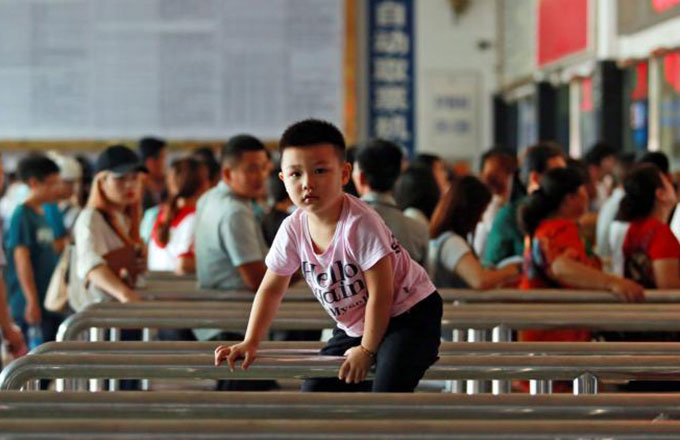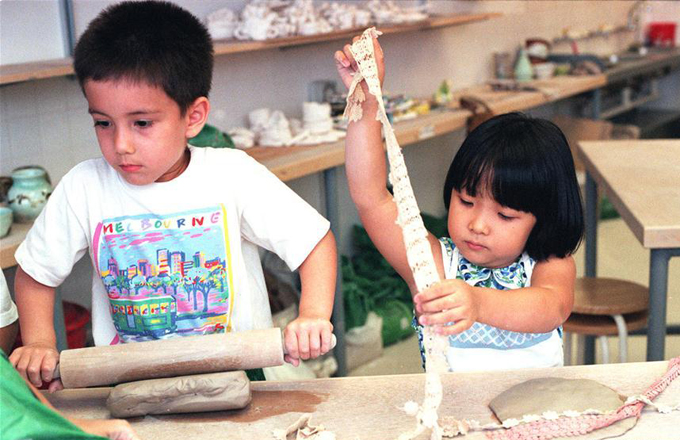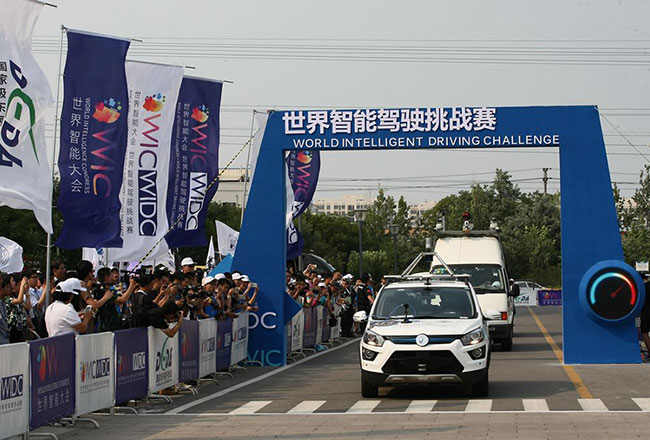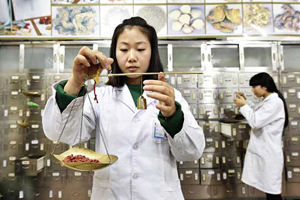Song Jian: A leading scientist
Originally published in 2008
"Rejuvenating the country through science and education is the way to a brilliant future."
-Song Jian
Editor's Note: Song Jian was born in Rongcheng, Shandong Province, in December 1931. He graduated from the Mechanics and Mathematics Department of Moscow University. In the same Year, Song graduated from the Baoman High Institute of Technology as a senior engineer and then received a doctorate degree. He was elected a member of Chinese Academy of Sciences and member of Chinese Academy of Engineering, in 1991 and 1994, respectively. He was Vice-Chairman of the Chinese People's Political Consultative Conference (CPPCC) and president of Chinese Academy of Engineering. In 1970s he revised and extended the book Engineering Cybernetics written by Qian Xuesen. At the end of the 1980s he established a new discipline called "Population Control Theory." He has also made key contributions to the control system design of several missile models including antiballistic missiles. He helps organize and preside over the launching and positioning of communication satellites.
As a director of macro science and technology for the nation, Song systematically conceived a new blueprint for China's scientific and technological development. The state Council accepted Song's Chronology Project for ancient Chinese history. The project provides an accurate chronology for the beginning of China's first dynasty that of the Xia, putting it 1,400 years earlier than the traditional date put forth by the ancient historian Sima Qian.
Song also presided over the "Spark Program" (the popular name for the Program for the Promotion of Technological Development in Local Economies) and "Torch Program" (A guidance program for developing new and high tech industries), which were implemented by State Science and Technology Committee. The former aims to "spread the benefits of science and technology to ordinary people," according to Song; the latter encourages scientists to venture into the market, creating conditions for scientific achievements from important projects such as the "863 Project" (Hi-Tech Research and Development Program of China) to enter the market economy.
Since the days of Qu Yuan (an ancient Chinese poet who worried over the fate of his country), Chinese intellectuals have been renowned for their dedication and attachment to the destiny of their country and people. As early as 1977, Song discovered that China's natural population growth rate had averaged 2.5 percent annually over 10 years. He concluded that unless the growth rate was checked the Chinese population would exceed 1.4 billion by 2000 and reach four billion by 2050.
With his knowledge of cybernetics, Song worked out a theory of a bidirectional limit to the total fertility rate. This helped the Chinese leader to formulate the state family planning policy, particularly the "one couple, one child" policy.


















